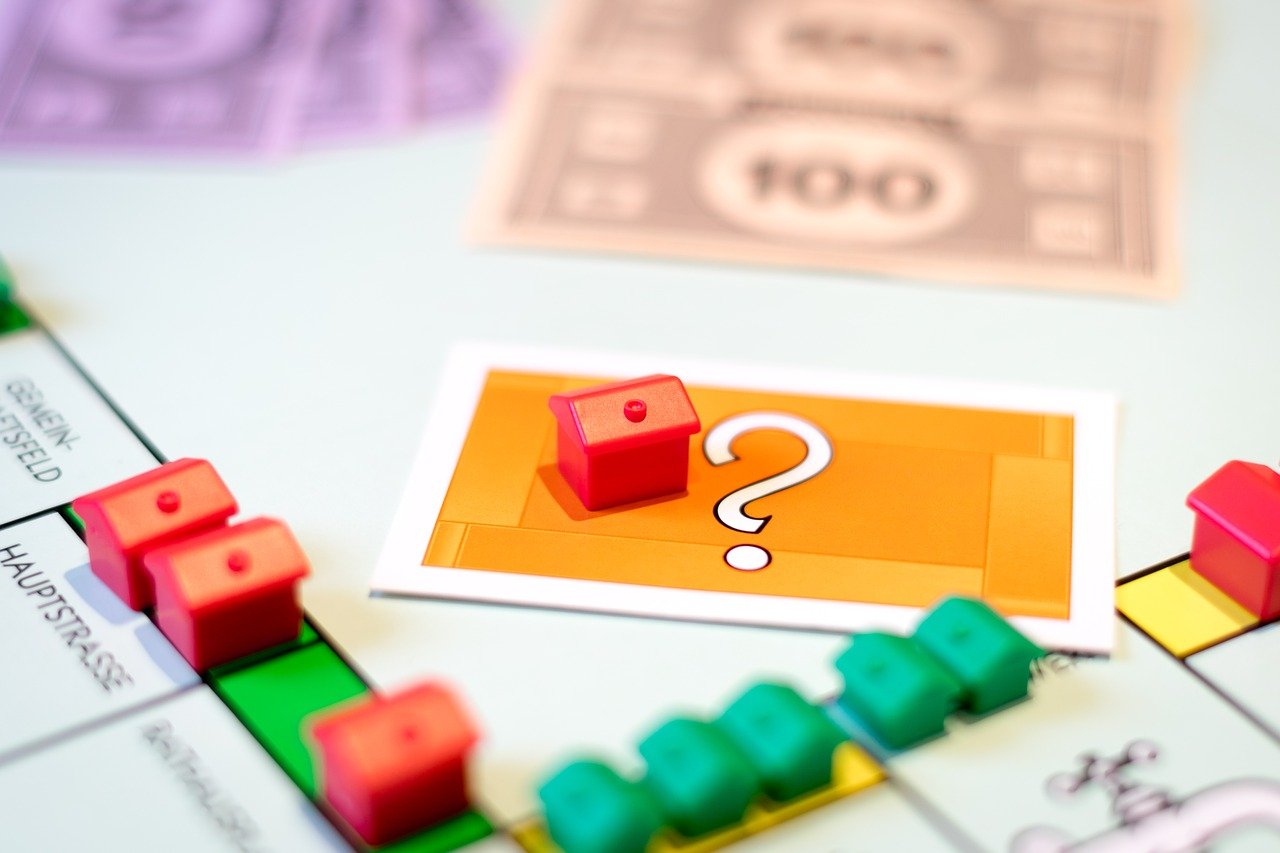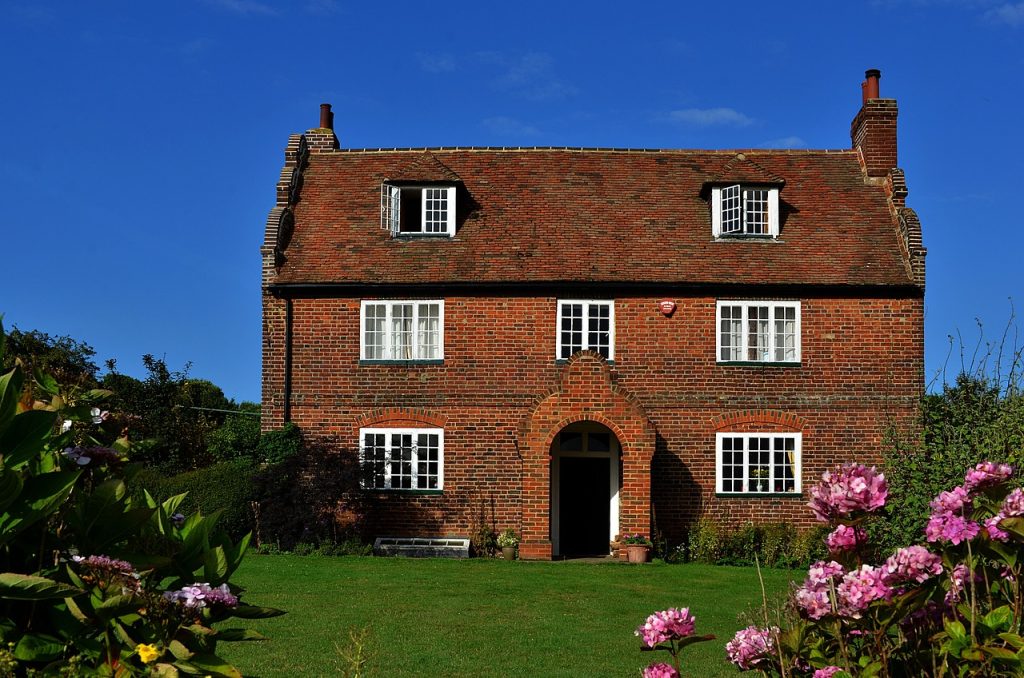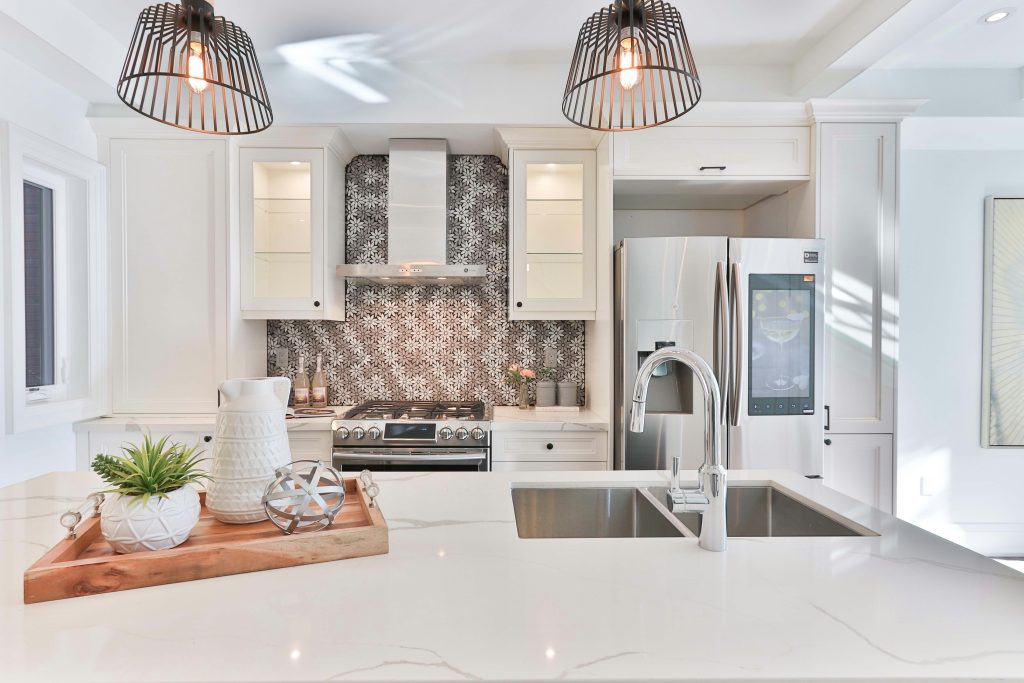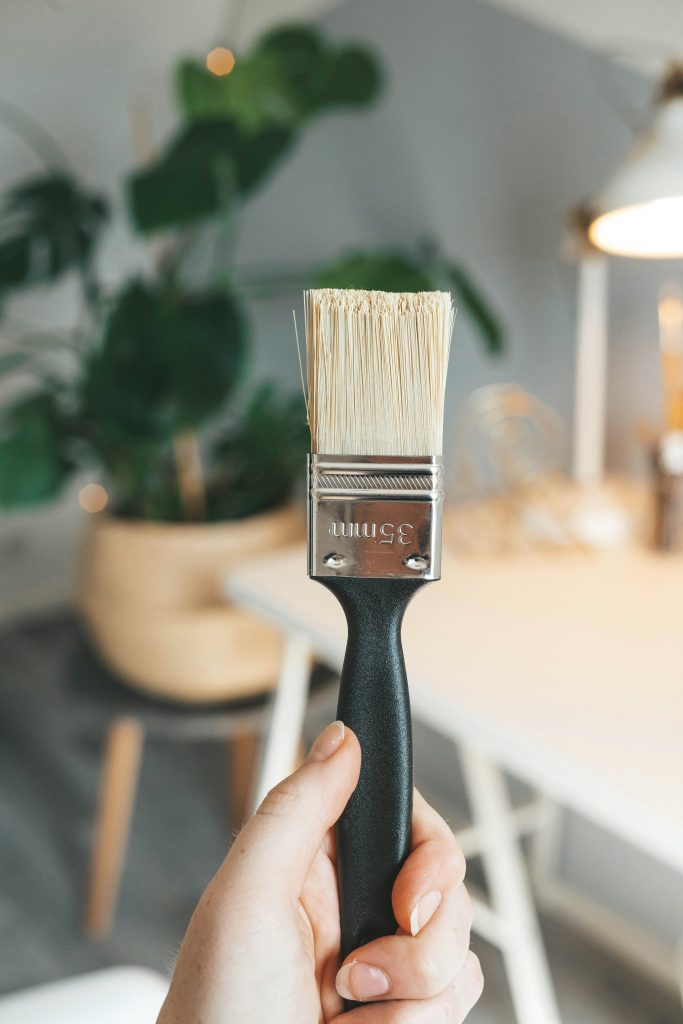Estimating the Cost of Buying a Home & Moving

Estimated reading time 8 minutes
Buying a home and making a move to a new place can be expensive. There are many fees to take care of, plus the cost of moving, the deposit, and more. To help you, we’ve put together a guide with some of the most common expenses and fees you’ll need to expect when creating a budget for your move.
Major Upfront Costs
Here are some of the upfront costs you’ll need to plan for when moving.
Stamp Duty
The Stamp Duty Land Tax (Stamp Duty for short) is a tax that is paid when purchasing a residential property or land in England or Northern Ireland that is over a certain price. The Stamp Duty applies to both leasehold and freehold properties, whether purchasing outright or using a mortgage. And if buying in Scotland, it’s also necessary to pay the Land and Buildings Transaction Tax (LBTT). In Wales, it’s necessary to pay the Land Transaction Tax (LTT) rather than the Stamp Duty tax.
Up to 30 June 2021, it is not necessary to pay the Stamp Duty on properties £500,000 and below. This applies to first-time home buyers and those who have previously owned property.
If you buy a property over £500,000, you’ll pay the Stamp Duty rate based on the value of the property over £500,000. Say, for example, you buy a home valued at £575,000. Here is the calculation for the Stamp Duty Tax you’d owe on the property:
- 0% on the first £500,000 = £0
- 5% on the £75,000 = £3,750
So, your total Stamp Duty tax would be £3,750.
From 1 July to 30 September 2021, you won’t have to pay Stamp Duty on residential properties that cost up to £250,000. And if this is the first time for buying a home, you won’t have to pay Stamp duty on properties that cost up to £300,000. What’s more, there’s a discounted rate of up to £500,000.
From 1 October, it’s necessary to pay Stamp Duty on residential properties costing more than £125,000, unless this is your very first home purchase.
When buying a second home, it’s still necessary to pay an extra 3% Stamp Duty on properties that cost more than £400,000, at the relevant rate at the time.
Deposit
This is the amount you put down on the cost of the home or property you buy. Experts recommend saving at between 5% and 20% of the property’s purchase price.
Generally, the larger the deposit you have, the more probability you’ll have a mortgage with lower interest rates. This will, of course, depend on the mortgage affordability assessment.
Valuation Fee
Next is the valuation fee. This fee is calculated by the mortgage lender and is based on the value of the property. This calculation is done to see how much money they’re willing to loan you. The valuation fee is usually between £150 to £1,500, depending on the property’s value.
It’s possible some lenders may not charge a valuation fee. It will depend on the type of mortgage you choose.
Keep in mind that the lender’s valuation does not identify repairs or maintenance a property may need. This is not like a regular structural survey.
Surveyor’s Fee
It’s always important to have a property inspected by a surveyor before making a purchase. This way, you’ll learn of any problems with the home or property before you buy it.
Surveys vary—some may only be a basic home survey, which costs about £250. A full structural survey will cost £600 or more.
While this may seem like an expensive fee, keep in mind that learning about issues with the property now will save money on repairs later.
Legal Fees
A solicitor or a licensed conveyor will be necessary to do the legal work when buying or selling property. Their legal fees generally run between £850 to £1,500, including VAT at 20%.
In addition, the legal fees will include local searches to see if there are any local plans or other problems. These fees usually run between £250 to £300.
Electronic Transfer Fee
This is a fee that covers the lender’s cost of transferring the mortgage money from the lender to the solicitor. These usually cost between £40 to £50.
Estate Agent’s Fee
This fee is paid by the seller rather than the buyer. It covers the estate agent’s services. This fee is usually negotiated when the property is put up for sale. The estate agent’s feel usually runs between 1% to 3% of the sale price plus 20% VAT. Of course, you can always opt for an estate agent that doesn’t charge any fees (like us!).
Removal Costs
Moving can be expensive. If you’d like to hire a moving company, expect to pay about £600 unless you rent a van and move yourself.
Mortgage Costs
Now we’re ready to take a look at mortgage costs.
Mortgage Fees
Mortgage fees may include:
- Booking fee: £99 to £25
- Arrangement fee: maybe up to £2,000
- Mortgage valuation fee from £150 and up
To save money, it’s a good idea to pay these fees upfront if possible. Otherwise, they’ll be added to your mortgage. This means you’ll be paying interest on these fees and the mortgage over the term of the mortgage.
Types of Mortgages
There are many different types of mortgages available, and there are many types of mortgages to fit the different situations. No matter what mortgage product you choose, always look beyond the interest rate. Remember to consider the fees and charges when choosing the right mortgage.
Ongoing Costs
After buying your home, remember that you’ll be responsible for keeping it up. This means you’ll need to cover the cost of all maintenance and repairs. These can be costly, so remember to include these in your budget, too.
When it comes to maintenance and repairs, the average annual bill is about £5,750. Remember to check the survey for any problems that need to be fixed right away.
Insurance
Once you’ve got a mortgage, the insurer will require you to take out buildings insurance. This is to protect your home from damage by floods, fire, subsidence, and more.
Another type of insurance to consider is contents insurance. This type of coverage protects all your belongings.
Life insurance is another helpful product to consider. This will pay your mortgage if you die before repaying the entire mortgage amount.
Council Tax
This is a tax that’s based on where the property is located and the valuation band the property is in.
Running Costs
These are the costs involved with running the home. For instance, this will cover utilities such as gas, electricity, and water. You may be able to obtain this information from the sellers.
Remember to include other services such as phone, TV packages, and broadband.
Leaseholder’s Costs
When buying a leasehold property, it will be necessary to pay ground rent, which may run between £50 and £100 a year.
You may also have to pay service charges to the owner of the freehold.
Services charges and administration fees are different between properties. However, this is a very important cost to figure into your budget. So, you’ll need to include these charges in your calculations.
House Moving Costs Checklist
Now you’ve got the mortgage taken care of; it’s time to consider the costs of making a move from your old home to the new home. That’s an exciting time! However, it’s good to have a checklist put together to make sure everything is taken care of in the move.
Here are some of the most common house moving costs you’ll need to calculate:
House removal costs: shop around for quotes and references in order to find a reputable firm.
House removal insurance: make sure the removal company you hire has insurance. If making a move yourself, you may want to consider getting insurance to protect your thing during the move. Your current home insurance policy may cover the move.
Storage costs: consider the amount of time you’ll need the storage space and then shop around for the best prices and for facilities with the best security.
Cleaning costs: if you’re moving from a rental property, then it will be necessary to clean the property. Otherwise, the landlord may not refund your deposit or charge you for the cost of a professional cleaning service. Another option you might consider is hiring a professional cleaning service on your own. Here, again, shop around for a reputable company with the best prices.
So, there you have it! These are some of the fees you’ll need to consider when buying a new home and moving. Use this article as a checklist to make sure nothing is left out. Once you’ve moved into your new home, stick to your budget and enjoy your new place!
Check out our ultimate guide to buying a house for more information.



